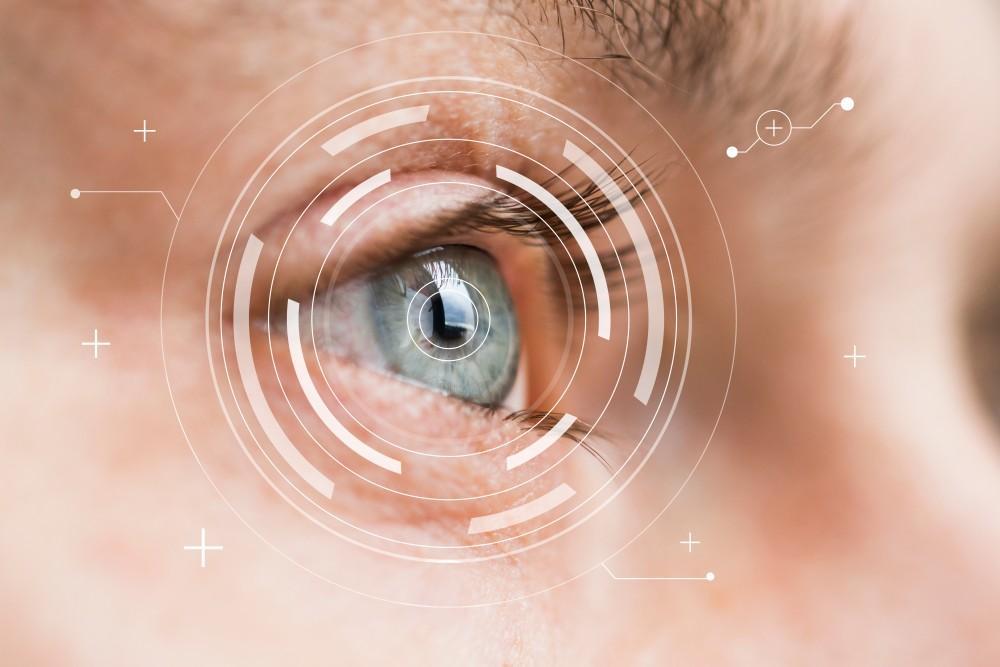
What Is Refractive Surgery and Is It Right for Me?

Do you know what it means when you're nearsighted, farsighted, or have astigmatism? It means you have a refractive error impacting your vision. These types of issues develop because of the shape of your cornea, which affects your eye's ability to focus.
As an experienced ophthalmologist in the Upper Midwest, Dr. Stephen Khachikian brings the most advanced refractive surgery procedures to men and women in Rapid City, South Dakota. He can explain your options and help you decide whether refractive surgery is right for you.
Understanding refractive surgery
There are different types of refractive surgeries. These procedures involve correcting vision problems by reshaping your cornea.
Your cornea is the round, outermost layer on the front of your eye. This clear, rounded tissue helps protect your eye and allows light to enter and reach your retina. If your cornea isn’t the right shape, it can impact your vision quality, causing:
- Nearsightedness (myopia): crisp near vision but fuzzy distance vision
- Farsightedness (hyperopia): crisp distance vision but fuzzy near vision
- Astigmatism: blurry vision
Dr. Khachikian specializes in two of the most common refractive surgery procedures: LASIK and PRK.
How LASIK works
LASIK is a well-known refractive surgery that takes approximately 15 minutes per eye and involves state-of-the-art lasers and advanced techniques.
After numbing your eye with anesthetic drops, Dr. Khachikian uses a computer-controlled laser beam to make a tiny incision in your cornea. This approach creates a small flap that he can lift back to access your cornea. Then, Dr. Khachikian uses a cool laser beam to reshape your cornea with a detailed map of your eye as a guide. Finally, Dr. Khachikian repositions your corneal flap to cover the treatment site.
Dr. Khachikian performs LASIK as an outpatient procedure, and it comes with little-to-no downtime. But, LASIK isn’t right for everyone, especially if you have thin corneas. In these cases, Dr. Khachikian might recommend PRK instead.
How PRK works
During this refractive surgery, Dr. Khachikian administers a numbing drop. But, instead of creating a corneal flap, he removes the epithelial tissue layer of your cornea completely. This is the topmost layer of your cornea.
Since there is no corneal flap to cover he reshapes your cornea and covers it with a contact lens. This lens functions like a bandaid to protect the surgical site. Depending on your eye health, Dr. Khachikian might also recommend a corneal implant, like KAMRA®. Corneal implants can help correct age-related focus problems associated with presbyopia.
Like LASIK, PRK is an outpatient procedure. But, PRK often has a longer recovery time. It’s common to experience mild to moderate discomfort for the first few days, but Dr. Khachikian can help manage these symptoms with medication. You can typically resume normal activity within four to five days.
The best candidates for refractive surgery
Dr. Khachikian performs a full eye exam to determine if you’re a good candidate for refractive surgery. It might be an option if you:
- Are 18 years of age or older
- Live with myopia, hyperopia, or astigmatism
- Have a stable prescription for the past two to three years
- No history or signs of cornea problems
- Have good medical and eye health
- Aren’t pregnant or nursing
While refractive surgery can significantly improve your vision at any age, you may still need corrective lenses after age 40 following LASIK. To achieve the best results, Dr. Khachikian might recommend more treatments like implanted corneal lenses or monovision, which involves different procedures for each of your eyes.
To see which refractive surgery is right for you, contact us by calling our office at 605-203-4268 or book an appointment online today.
You Might Also Enjoy...


I’m Not a LASIK Candidate. What About PRK?

Telltale Signs Your Eye Problem Is a Cornea Issue

Why Are Cataracts Common In Seniors?

Can You Prevent Keratoconus From Getting Worse?


